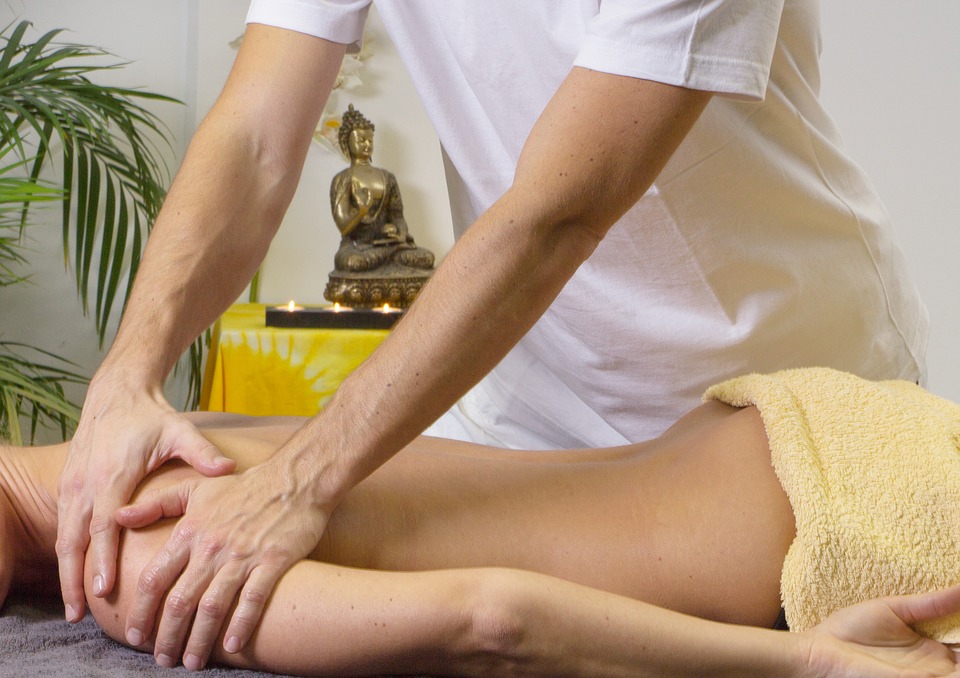Becoming a massage therapist is an excellent way to be self-employed, earn a good living, and help others. Before you can start, though, you need to be trained, licensed, and certified. Each state has different requirements. At a minimum, you will need at least 500 hours of education and hands-on training from an accredited program. In many states, you will need more.
After you qualify as a massage therapist, you can work for a health practitioner or spa. However, you will earn the highest amount of money and get the most satisfaction from your career if you start your own business. You will need to find a suitable space to lease, conform to county and city government regulations, and legally form your own company.
Funding Your Massage Therapy Business
There are a number of ways that you could fund your business. Even if you are unable to get a traditional bank loan because you are just starting out or have no business experience, you can often get funding from online lenders. Other choices for funding include angel investors, venture capitalists, factoring (getting invoice advances), crowdfunding, and small business grants.
Setting Up Your Massage Therapy Business
Here are a few things that you will need to furnish and equip your new space:
1.Basic Equipment.
At the very least, you will need to have a massage bed(s) to start your massage therapy business. Find one that suits your budget. Thankfully, there is a wide variety of choices when it comes to stationary or portable equipment. You may also want to consider getting a portable massage chair so that you can offer samples at health stores or other places where you can promote your business. Additionally, consider bringing in some additional equipment to improve the massage experience for your clients like adjustable headrests and neck bolsters.
2. Supplies.
Customarily, you will need an adequate stock of organic, hypoallergenic creams, lotions, and massage oils. You will also need towels, sheets, and pillows.
3. Décor
You should get a good music player, a nice selection of calming music, and aromatherapy candles. As your business grows, you can improve the décor, but you should offer a few things to provide your clients with a sensory, relaxing experience.
Finding Clients For Your Massage Therapy Business
1. Decide on your ideal clients.
Although you may be skilled in helping all sorts of people with a wide variety of needs, you do need to develop a focus. Decide if you want to specialize. For instance, you may only want to work with athletes, on one particular type of problem, or specialize in one particular school of therapy. By specializing, you will be able to fine-tune your marketing. Instead of being a generalist, you will be a specialist.
For instance, if you specialize in lower back pain or only work with athletes, then you will be the go-to-person for people who have those needs. Don’t worry, you will have more than enough clients. Moreover, you will be able to charge a higher fee than massage therapists in your local area who have not specialized. You will attract clients who want to pay you for the quality of your work, and not clients who are looking for bargain-basement prices and discounts.
2. Learn how to advertise.
You must learn how to advertise. Create business cards, brochures, and flyers. Put ads in newspapers and magazines.
3. Get good at networking.
Go to health clubs, salons, etc. and talk to people who could recommend your services to others. You may also be able to meet people via business and networking events.
Although it may not seem so at the time, the most challenging part of your new career may not be the educational or business setup process. It may be finding new clients! Here’s the thing, unless you get good at finding new clients, you will be unsuccessful, even if you did really well in school and have set up a well-equipped massage clinic.
Your biggest challenge will not be becoming an excellent massage therapist, as that is a fairly structured process. It will be learning how to be a good business person, which is a highly creative, unstructured aspect of your new adventure.






















